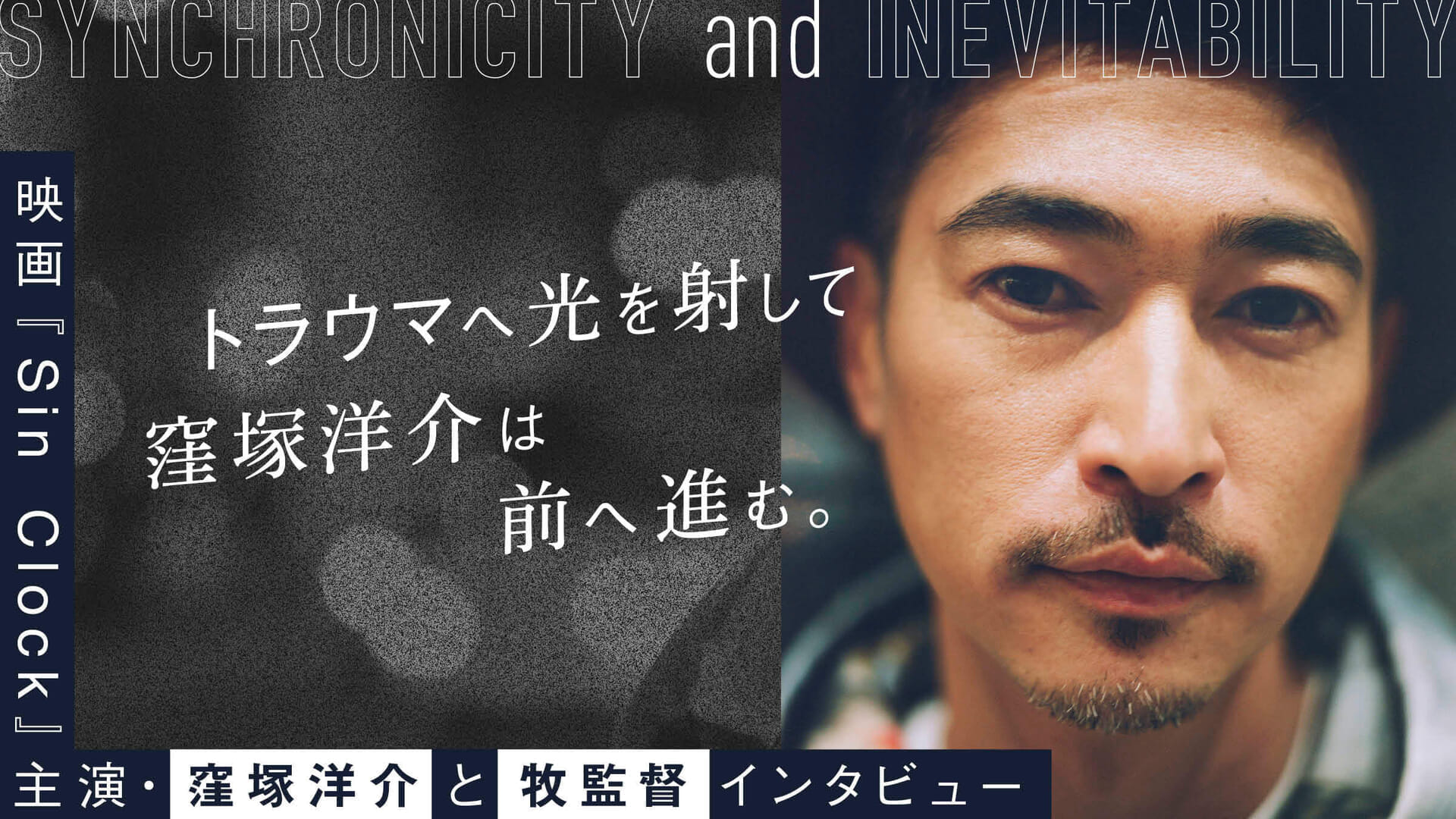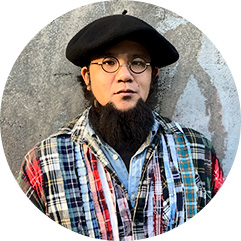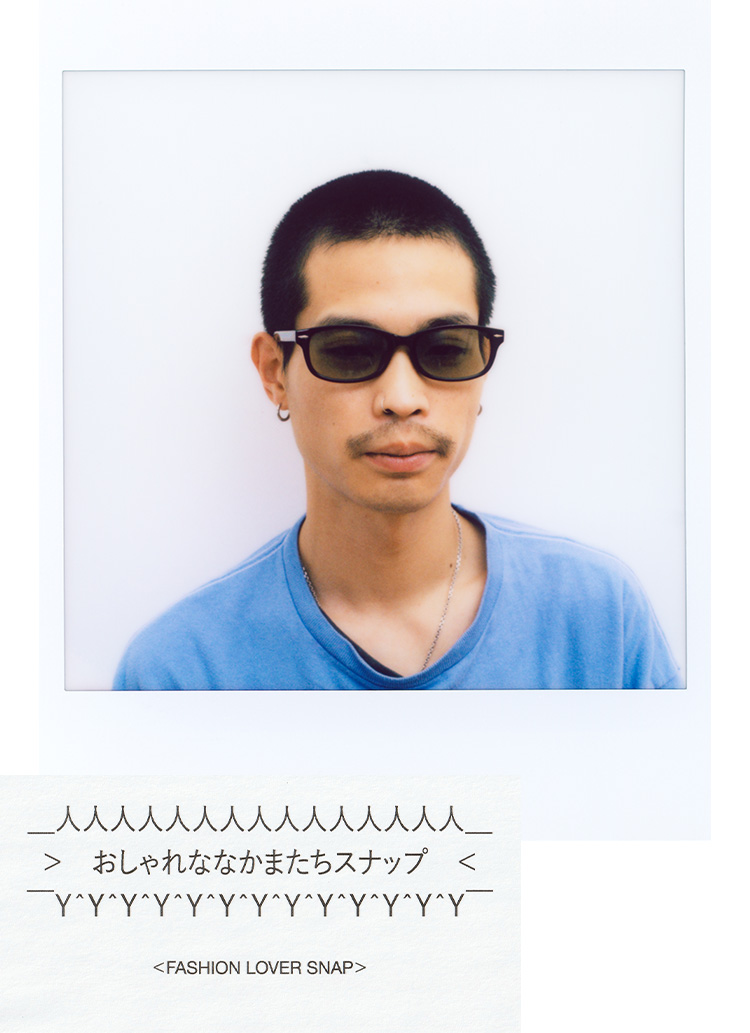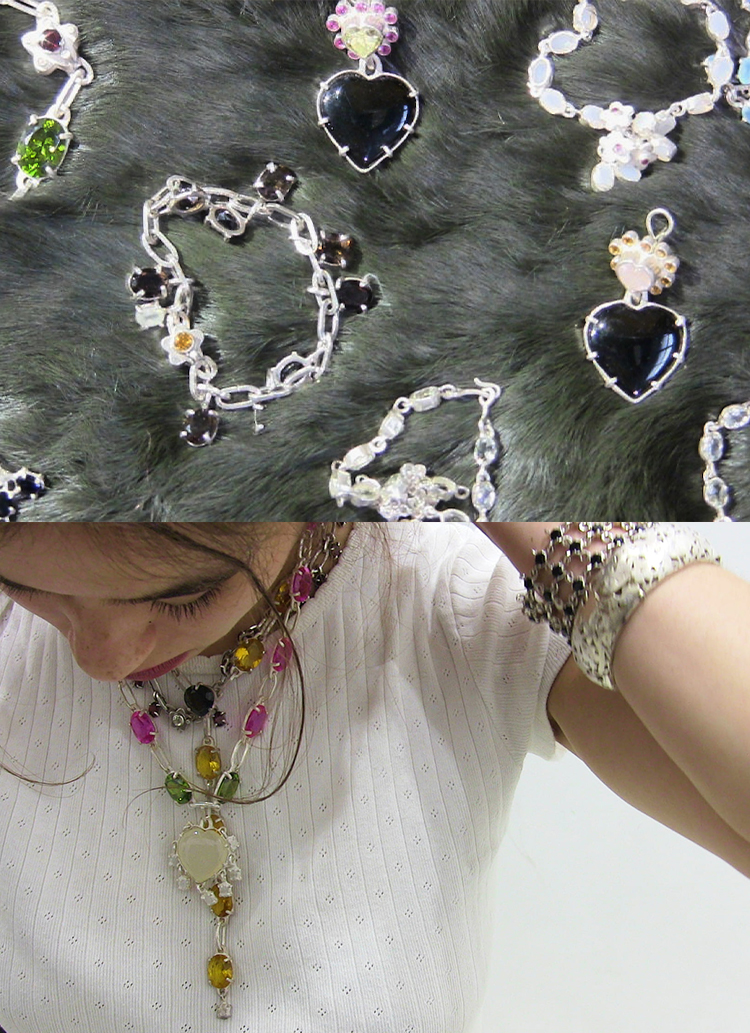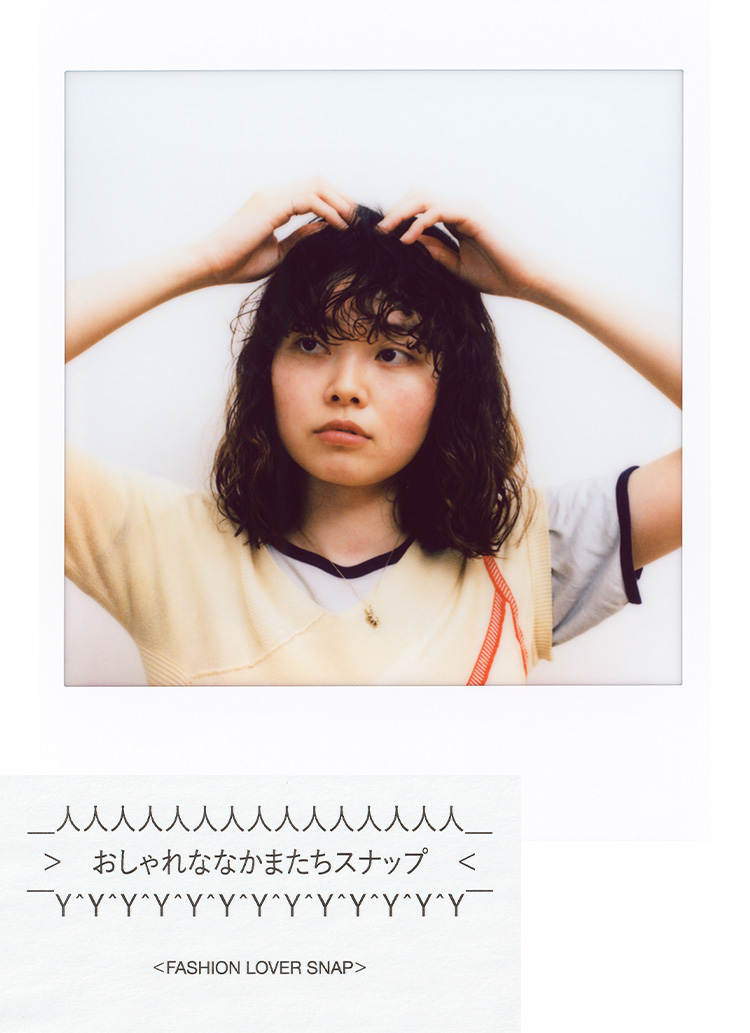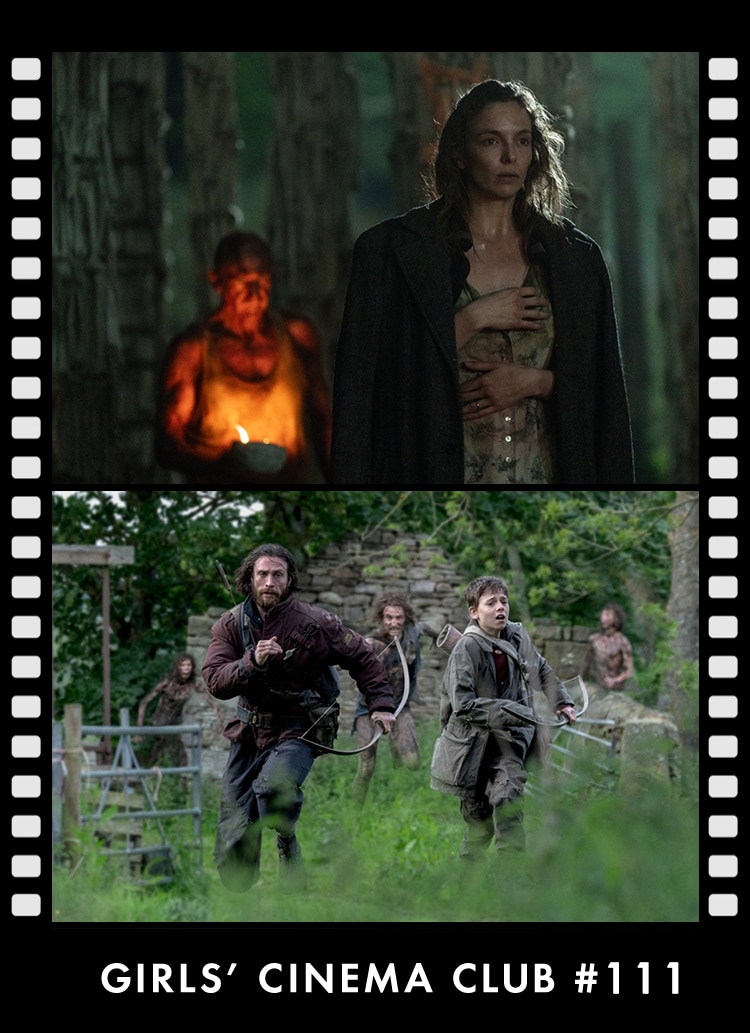. Takagi was building up a lot of resentment. He was fired from his job for unreasonable reasons. His wife and son gave him three and a half years' pay. He finally found a job as a cab driver, but it was the worst day of his life, as he was treated with contempt by customers. Then one day, Takagi is offered a chance to change his rock bottom life. A politician named Otani, who "accidentally" picked him up as a customer, reveals a clue that leads to a "phantom painting" worth billions of yen. Takagi teams up with his fellow drivers, including Banba, who has an astonishing memory due to savant syndrome, and Sakaguchi, a gambling maniac who is well versed in the underworld, and who have the number 【3 in common, to plan a plan to rob the painting involving yakuza, outlaws, black market brokers, and hostesses who are all greedy and want to get their hands on it. The "perfect plan" is to turn their lives around in a single night, but the numbers 【3] bring about an unexpected "chain of coincidences," and the plan runs into an ending far beyond Takagi's expectations. The plan was a "perfect plan", but the numbers [【3] were tossed around by an unexpected "chain of coincidences".
The return of actor Yosuke Kubozuka .

PROFILE
Born in 1979 . Born in Yokosuka City, Kanagawa Prefecture, he first came to attention in 2000 with his monstrous performance in "Ikebukuro West Gate Park" and won the 25th Japan Academy Prize for Best Newcomer and the youngest ever Best Actor in a Leading Role for the movie "Go" released in 2001, and has appeared in numerous movies since then. In 2004, while working as a top runner, he fell from the ninth floor of his apartment building and suffered serious injuries, which he says was the bottom of his career. He left a strong impression as Kichijiro, the key character in the story. He has also attracted much attention in the fashion industry and has been used as a model since his debut. Although currently on hiatus, she is also well known as an artist as Manji Line, and her activities are expanding further, including YouTube distribution and production of glass and cosmetics.
Instagram: @yosuke_kubozuka
This is your first film as a solo star in 18 years, how did you feel about it?
Kubozuka:I had a great response. But first of all, I have to say that I didn't go into the shoot thinking that it was my first film as a solo star in 18 years. I wasn't aware of it. I've been working during this time, and I've also had a double starring role in a film, and I've been filming overseas, so I've been focusing more on my acting career.
So, I knew about it after the advertising campaign started, and the fact that it was my first solo starring role in 18 years was a catchy punch line, so I used it, but even though it was a solo film, it was about three zukkake (laughs), so I wasn't really conscious of the fact that it was a solo film.
The script I received from the director was very interesting to read, and although the film was shot entirely on location in the Kansai region and most of the people around me were from the Kansai region, I enjoyed the unusual sense of discomfort and felt the uncompromising quality of the work on the set.

I heard that the director wrote the character Shinji for you this time.
Kubozuka:I feel that I was able to approach the negative atmosphere that Shinji wears, his eyes that are not illuminated, and so on. I think that the atmosphere of the character cannot be changed without changing the very foundation of the character. I felt that I was able to reach that point as an actor.
I have the impression that you have often played heroes and strong characters. So, I wondered if it would be difficult for you to play a common-sense guy with a low self-esteem like you did this time. I thought so.
Kubozuka:I thought that if I could control Shinji's airy and dull aura so that it could be created as a play, it would be very strong. I've had a lot of experiences like that. I fell from an apartment building, got injured, and literally fell down, and I think I've been able to come back over time from a more difficult place than I had anticipated.
It was not suicide, and I really had no memory of those three days, and when I woke up, I was in the hospital. After the accident, it was very difficult to meet new people, and if I didn't mention it, there would be a strange atmosphere, and even if I did, it wouldn't be flat, so it was a very miserable and difficult time for me. I buried those feelings in the ground and never wanted to see or experience them again, but when I decided to play Shinji, I knew I had to use them, so I dug up the roots, as if there were a dead body buried under the tree.

. That's hard.
Kubozuka:But, as is often said, any experience can be a fertilizer for one's art, and this is so true. I never thought that the day would come when that experience would transcend time and space and become useful in such a way. I was very happy with the result. I am happy with the result.
It is an amazing story that you were able to pull out such traumatic memories for this role.
Kubozuka:When I think about it, they say you can't change the past , but you can. You can't change the past, but you can change your impression of it. I think that even the things that we use as fodder for laughter, such as the fact that I fell, as well as the real emotions that are associated with that fact, can be used in a big way. By utilizing them in this work, new value will be created, and the meaning of these things will change.


